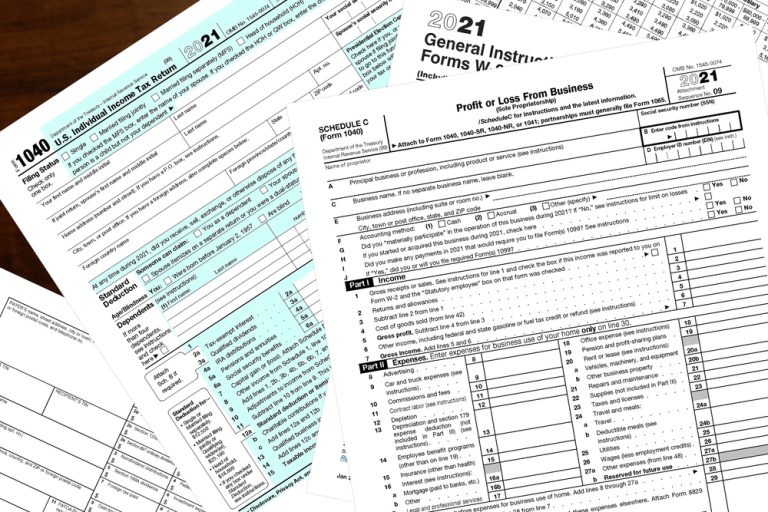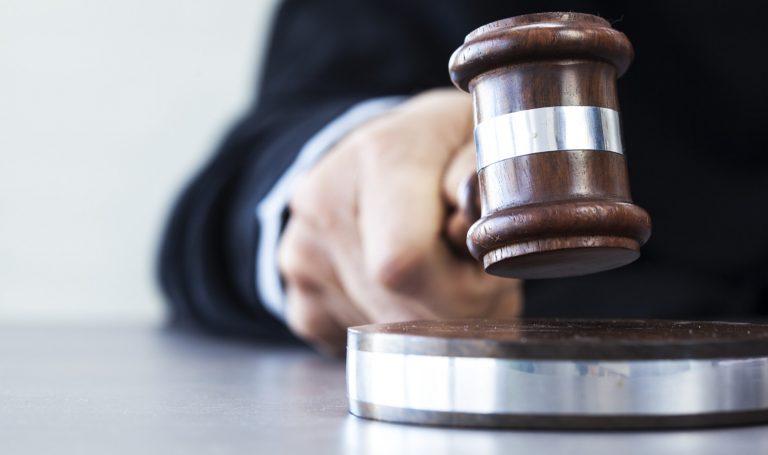‘Depp v. Heard’: Five Lessons for First-Year Lawyers
‘Depp v. Heard’: Five Lessons for First-Year Lawyers
Watched by millions of Americans, the recent trial in Depp v. Heard had it all— celebrity, dramatics and some useful lessons for first-year associates like me.
Legal dramas like “Suits” and “How to Get Away with Murder” used to be fun to watch—and then I started law school. As I learned more about the law and began my practice this year, these and other legal dramas became too unrealistic for my professional taste. So instead, I started to tune into actual trials, both for entertainment and education because, as they say, “law school does not teach you how to be an attorney, law school teaches you how to think like an attorney.” Watched by millions of Americans, the recent trial in Depp v. Heard had it all— celebrity, dramatics and some useful lessons for first-year associates like me.
Hearsay Objection v. Move to Strike
Heard’s attorney asserted an incorrect objection to their own question, which resulted in commentary, and even memes, about when to move to strike. In this case, the defense was cross-examining the plaintiff’s expert witness and the witness’ response contained hearsay. Heard’s attorney objected to hearsay, but Judge Penney S. Azcarate responded, “You asked the question.” Here, the hearsay objection was incorrect because Amber Heard’s attorney “opened the door” to the witness’ response. Instead, the defense should have objected and moved to strike the witness’ response. Examples of when to correctly move to strike in such instances were offered later in the trial by Depp’s attorneys as a reminder to anticipate and address hearsay and other inadmissible responses.
Show and Tell: Objects at Issue
Throughout the trial, there were several references to “the knife.” Despite multiple verbal descriptions and images to depict the knife’s size, its “till death” engraving, and other photos, nothing prepared me for the moment when Depp’s attorney showed the actual knife to the courtroom. I was so shocked by the knife’s size. I paused and replayed it three times.
When Depp’s attorney showed the knife, it corroborated previous testimony. Every time I saw a photo of the knife, or heard a witness describe it, I assumed it was modified or exaggerated. But when I saw the actual knife, it proved my doubt was unwarranted, making the knife more impactful and Depp’s claims more credible. Considering my reaction—as an attorney—I could only imagine the jury’s reaction to seeing the knife in person for the first time. They say, “a picture is worth a thousand words,” but in this moment, the real object might have been worth $15 million. The lesson here—if you have an object at issue, show and tell the jury about it for maximum impact.
Leading v. Nonleading Questions
One of my law school professors taught me that a leading question is a question that requires a yes or no answer, such as, “Did you drive to work?” But several instances in this trial remind us that a question is also leading when it simply presumes the answer. For example, even open-ended questions such as, “When, on Tuesday, did you tell X about the abuse?” or “Who at your home on X date, at X time did you tell about the abuse?” are leading.
It’s also important to remember leading questions are not allowed on direct examination. When Heard’s attorney attempted to use leading questions to elicit specific testimony from her witnesses on direct examination, Depp’s attorney won over seven objections for “leading” and Heard’s attorney ultimately failed to elicit the necessary testimony. Heard’s attorney also incorrectly believed that phrasing a question with “What if, any …” would prevent the court from sustaining an objection for “leading.”
Do You Know the Muffin Man?
Heard’s attorney wasted valuable time asking questions of little relevance, presumably seeking a “gotcha” answer and thereby creating a viral moment for social media with #muffingate. A favorite lesson in time management was illustrated during the cross-examination of Shannon Curry, a psychologist hired by Depp’s team to evaluate Heard. Heard’s attorney tried to prove Curry’s bias by asking numerous questions about muffins she gave Heard as a means to demonstrate Curry breached her confidentiality obligations. What resulted was a time-consuming, albeit entertaining, stream of questions about who brought the muffins, why Curry’s husband got the muffins, and why she gave Heard the muffins. Unfortunately for Heard, this questioning was not time well-spent, as not only did her attorney fail to discredit the expert, but she then also repeatedly provided Curry with opportunities to show her friendly and generous nature by regularly bringing muffins for her staff and patients, and to explain how she would never breach her obligations of confidentiality to her patients.
Risk v. Reward
As is common in civil trials, both Depp and Heard testified in their case in chief. They also both testified to rebut each other’s testimony, another common practice. However, such practices also come with risks that must be weighed against their potential rewards.
In support of her main defense that Depp was not the subject of her Washington Post op-ed, Heard initially testified that she did not write the op-ed about Depp. During cross-examination of Heard in her case in chief rebuttal, she later testified that she wrote the op-ed about Depp because of her belief in the power he had over her career and his influence in the entertainment industry. This statement contradicted her prior testimony and proved one of Depp’s claims. Moreover, it is possible such inconsistent testimony weighed heavily with the jury.
Overall, this trial was an interesting and phenomenal learning experience. I had the opportunity to watch both seasoned and junior lawyers put on a case for their clients with both good and bad facts. I witnessed them argue the law and employ techniques I had only heard about. Despite the dour nature of the underlying facts, I recommend that all attorneys, both new and senior, watch this trial and take something positive from it.
Reprinted with permission from the June 29, 2022 edition of Daily Business Review © 2022 ALM Media Properties, LLC. All rights reserved. Further duplication without permission is prohibited, contact 877-257-3382 or reprints@alm.com.









